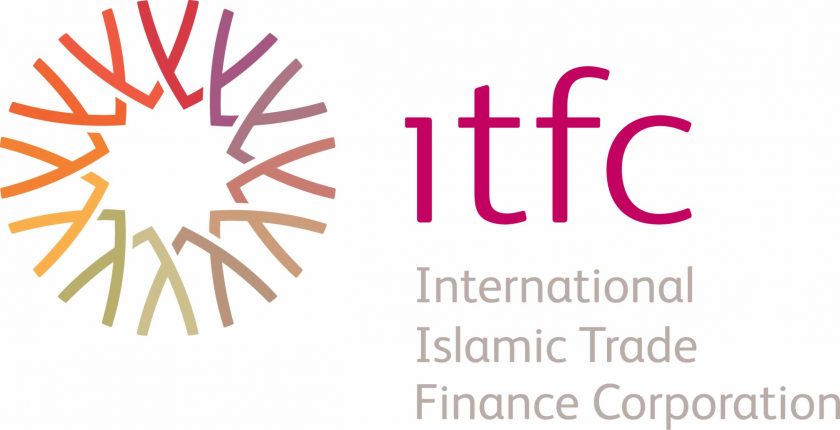.60 million – number of passengers to be served per year
.453 km – the distance covered by the two-way electric trains, linking the Saudi cities of Makkah and Madinah with extensions to Jeddah and King Abdullah Economic City.
.5 – number of stations on the system (Makkah, Madinah via Jeddah, King Abdul Aziz International Airport and King Abdullah Economic City (KAEC) in Rabigh).
.35 trains — number of trains to be used on the line
.417 – Seating capacity per train
.300kph – Maximum speed the Haramain Express Train
The $16 billion (SR60 billion) high-speed “Haramain Express” new train service will be ready to serve the public this year, following final safety checks and operational readiness carried out for high-speed trains, according to official data provided by the Saudi Ministry of Transport.
The train service, whose construction started in March 2009, is expected to carry up to 60 million passengers a year, including millions of Hajj and Umrah pilgrims, the same source said.
Using electric propulsion that will drive the trains to an operating speed of 300kph, the express train is expected to reduce travel time between the cities of Makkah and Madinah to less than two hours, instead of six hours by bus, and help ease road traffic congestion.
The Haramain high-speed rail project, also known as the “Western railway” or “Makkah–Medina high-speed railway”, is a 453-kilometre-long high-speed inter-city rail transport system in Saudi Arabia.
It links the cities of Madinah and Makkah via King Abdullah Economic City, and Jeddah’s King Abdulaziz International Airport, using 449.2 kilometres of mainline and a 3.75-kilometre branch connection to King Abdulaziz International Airport, according to the official source.
The project is a materialization of the Kingdom’s efforts to serve pilgrims to the Grand Mosque in Makkah and the visitors to the Prophet’s Mosque in Madinah.
The new Haramain Express is a new huge step to enhance transport in the Kingdom to the next advanced level of transport system development, so as to achieve the Kingdom’s vision of providing better services for the visitors of the two holy mosques.
The Haramain train service is one of the biggest public transport projects in the Middle East, involving the use of some 15,000 power pylons and boring through mountains.
Umrah visitors, who are expected to reach about 15 million by 2020, are enthusiastically waiting for the start of the Haramain train, which will ease travel to them to the two holy cities, the source said.
The train service is also an opportunity to shed light on Saudi Arabia’s Vision of 2030 by making the most of its energies to serve the pilgrims and guests of the kingdom.
In another connection, Saudi Arabia has officially launched the Mecca Road Initiative by commissioning the first two flights of pilgrims from Kuala Lumpur International Airport.
The initiative began with ending the entry visas into Saudi Arabia from a pilgrim’s own country, at the airport where the originating flight takes off from, in collaboration with various related Saudi government agencies to facilitate pilgrimage arrangements and requirements.
Saudi Arabia has started implementing the ‘Mecca Road’ service to finalize the pilgrims’ entrance procedures to Saudi Arabia from inside their home countries through unified electronic paths in the airports covered.
Mecca Road is one of the initiatives being implemented in coordination with the countries who have requested to participate and benefit from it. The initiative is also part of the National Transition Programs (2020) to achieve the Kingdom’s Vision 2030.
Besides, the Tunisian pilgrims are provided with accommodation close the holy mosque of Mecca so as to make easier the hajj holy performance for the Tunisian elderly who are in big numbers every year during the Hajj period. This initiative is appreciated by the Tunisian authorities namely the Religious Ministry and other stakeholders for the sustained care of the Saudi authorities for the Tunisian pilgrims in order to perform their hajj at best conditions.
In this context, The Tunisian Ennahdha Movement commended the Saudi initiative to help the Tunisian pilgrims in performing their hajj rituals easily while providing them with all the necessary services so as to perform their pilgrimage in serenity and full communion and meditation.
Additionally, Tunisia’s Ennahda condemns call aimed to urge Muslims to boycott the annual Hajj pilgrimage in Saudi Arabia.
“These are isolated and ideological calls that only serve personal purposes,” Ennahda said in a statement.
It warned that such calls would lead to undermining relations between Tunisia and Saudi Arabia.
TunisianMonitorOnline




